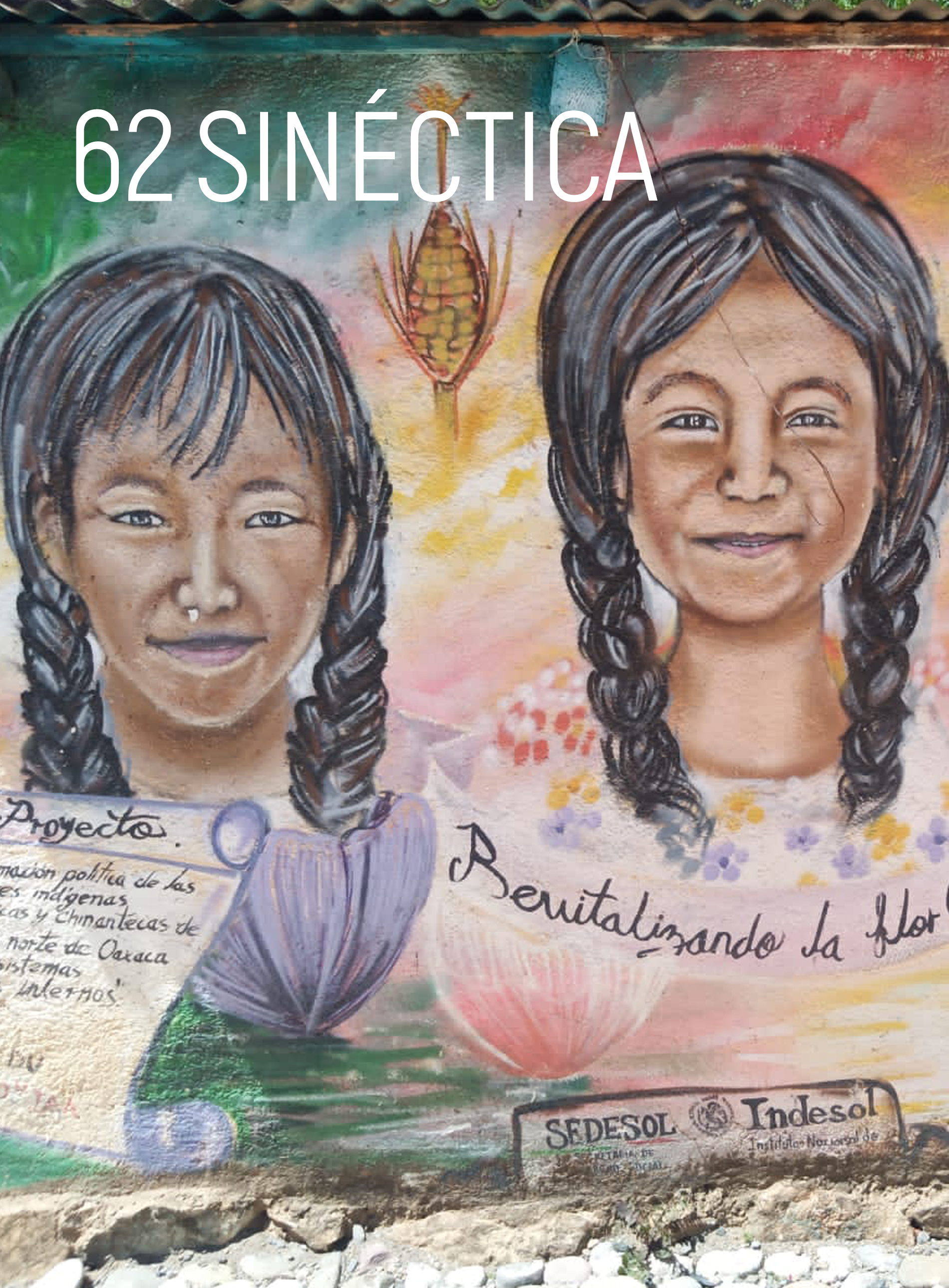Relationality as a principle and condition of existing in ancestral motricity
DOI:
https://doi.org/10.31391/S2007-7033(2022)0059-014Keywords:
school motricity, enaction, ancestral cultureAbstract
The current work will try to present the approaches and cosmovision of the original communities around relationality as a constitutive element and its possibilities of operationalization in a proposal for school motricity. The elements of analysis of this work are articulated from the investigative experience of the Amazon Motricities research group in native communities of the department of Cauca and the department of Caqueta, as well as documentary studies of the native cultures of Chile. Finally, the structural guidelines of the enactive theory are presented as an epistemic bridge between native cultures and Western culture in order to operationally visualize the educational possibilities in school motricity. It ends by presenting a model of relational motricity in the context of a more pertinent and intercultural educational praxis.
Downloads
References
Bouteldja, H. (2017). Los blancos, los judíos y nosotros. Hacia una política de la amor revolucionario. Akal.
Camiloni, A. (2007). El saber didáctico. Paidós.
Ceccini, J. (1999). Epistemología de la educación física. Universidad de Oviedo.
De Sousa Santos, B. (2013). Descolonizar el saber, reinventar el poder. LOM.
Di Paolo, E., Cuffari, E. y De Jeagher, H. (2018). Linguistic body. The continuity between life and language. MIT Press.
Dussel, E. (2021). Filosofía de la liberación: una antología. Akal.
Gallagher, S. (2020). Action and interaction. Oxford University Press.
Gallo, L. (2009). Los discursos de la educación física contemporánea. Kinesis.
Maturana, H. y Varela, F. (1984). El árbol del conocimiento. Las bases biológicas del entendimiento humano. Editorial Universitaria.
Maturana, H. y Verden-Zöller, G. (2003). Amor y juego. Fundamentos olvidados de lo humano. Instituto de Terapia Cognitiva.
MINEDUC (2013). Programa de Estudio Educación Física-Tercero Básico. Santiago de Chile.
Ochoa, K. (coord.) (2019). Miradas en torno al problema colonial. Pensamiento anticolonial y feminismos descoloniales en los sures globales. Akal.
Sergio, M. (2019). Da ciência à trascendência. Epistemologia da motricidad humana. Universidad Católica de Portugal.
Tomasello, M. (2019). Becoming human. A theory of ontology. The Belknap Press of Harvard University Press.
Toro-Arévalo, S., Castiblanco Rodríguez, E., Vargas Polania, E. y Bolaños Iles, A. (2021). Motricidades originarias, a relacionalidade como principio e condição de existir. Motricidades, vol. 5, núm. 3, pp. 329-340. https://doi.org/10.29181/2594-6463-2021-v5-n3-p329-340
Toro-Arévalo, S. y Moreno-Doña, A. (2021a). Educación física como categoría colonial y neoliberal: transitando hacia la motricidad humana pensada y en desde Abya Yala. Agora para la Educación Física y el Deporte, núm. 23, pp. 199-217.
Toro-Arévalo, S. y Moreno-Doña, A. (2021b). El sentir de la acción. El aprendizaje como fenómeno radicalmente afectivo. Tandem: Didáctica de la educación física, núm. 71, pp. 41-46. https://doi.org/10.24197/aefd.0.2021.199-217
Toro-Arévalo, S. y Moreno-Doña, A. (2021c). Motricidad escolar: sentidos y horizontes. En Redde Docentes Investigadores. Motricidad y actividad física como campos conceptuales relacionados con la educación física. Grafiarte Impresiones.
Vallega, A. (2021). Tiempo y liberación. Exordio a pensamientos libertarios, vivenciales y decoloniales. Akal.
Varela, F., Thompson, E. y Rosch, E. (2017). The embodied mind. The cognitive sciences and human experience. Mit Press.
Downloads
Published
Issue
Section
License
Copyright (c) 2022 Sinéctica

This work is licensed under a Creative Commons Attribution-NonCommercial 4.0 International License.
This work is licensed under a Creative Commons Attribution-NonCommercial 4.0 International license.
Authors who publish in Sinéctica agree to the following terms:
The authors retain copyright and grant the journal the right of first publication of the authorized work simultaneously under a Creative Commons Attribution License, which allows others to share the work as long as both the authorship of the work and the initial publication in this journal are acknowledged.
Authors may enter into additional separate contractual agreements for non-exclusive distribution of the published version of the journal (e.g., publishing in an institutional repository or a book), with acknowledgement of initial publication in this journal.
Authors are allowed to publish their work in institutional repositories or on their own website before and during the submission process, as it may generate productive exchanges, as well as earlier and greater citation of the published work.
Explanatory note: As of 2017 Sinéctica is governed by the Creative Commons Attribution Non-Commercial 3.0 International License, a version that standardizes licenses internationally.
Articles published between 1992 and 2016 are covered by a Creative Commons Attribution-NonCommercial-NoDerivatives 4.0 International license, which allows a work to be shared and distributed non-commercially and with acknowledgement of the author, but prohibits modification of the original creation.






















